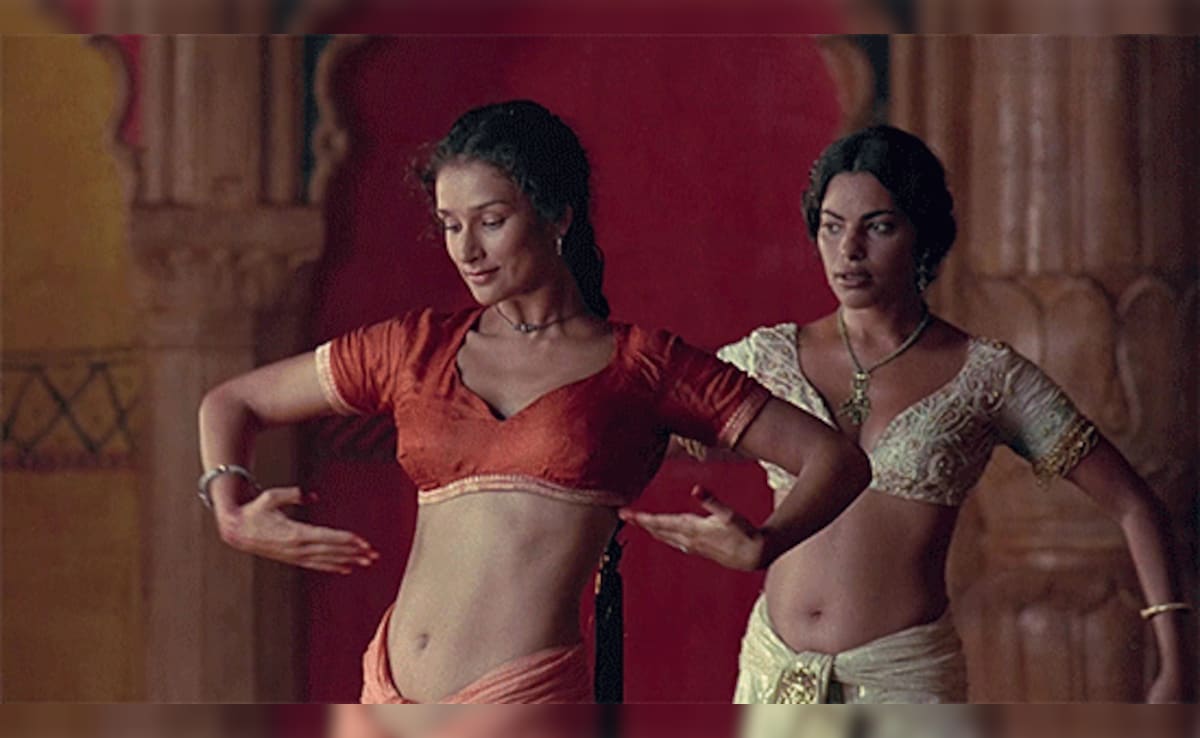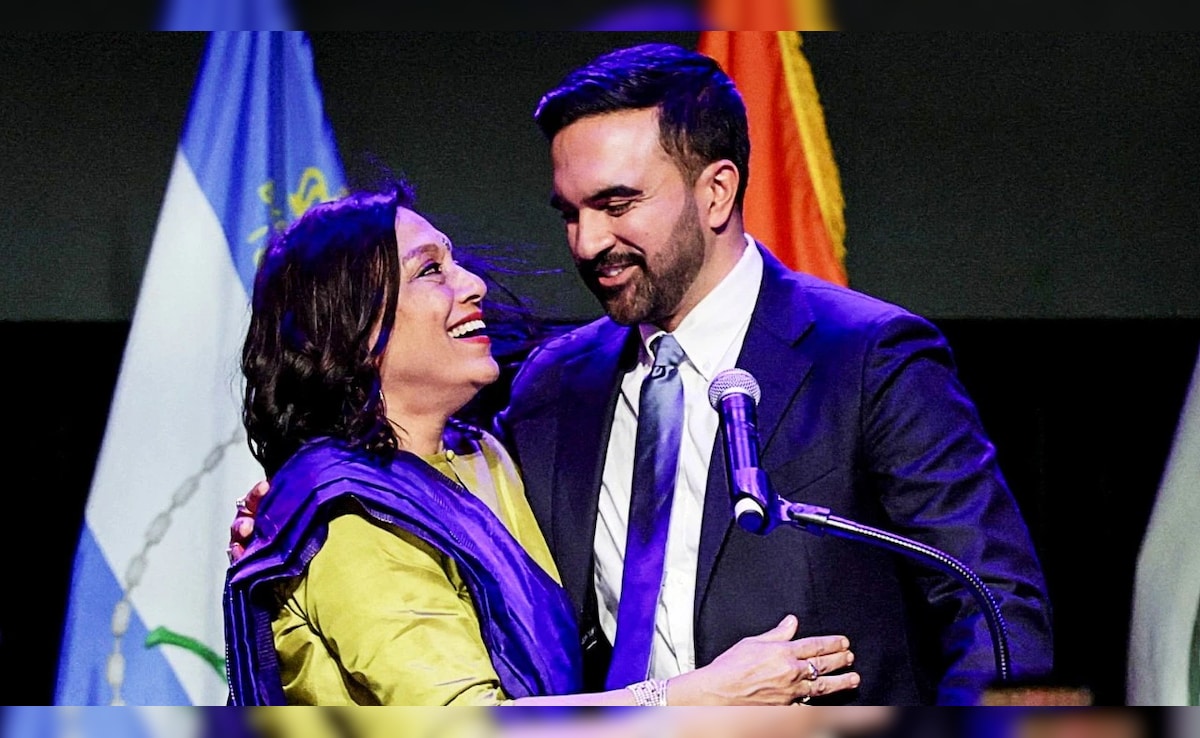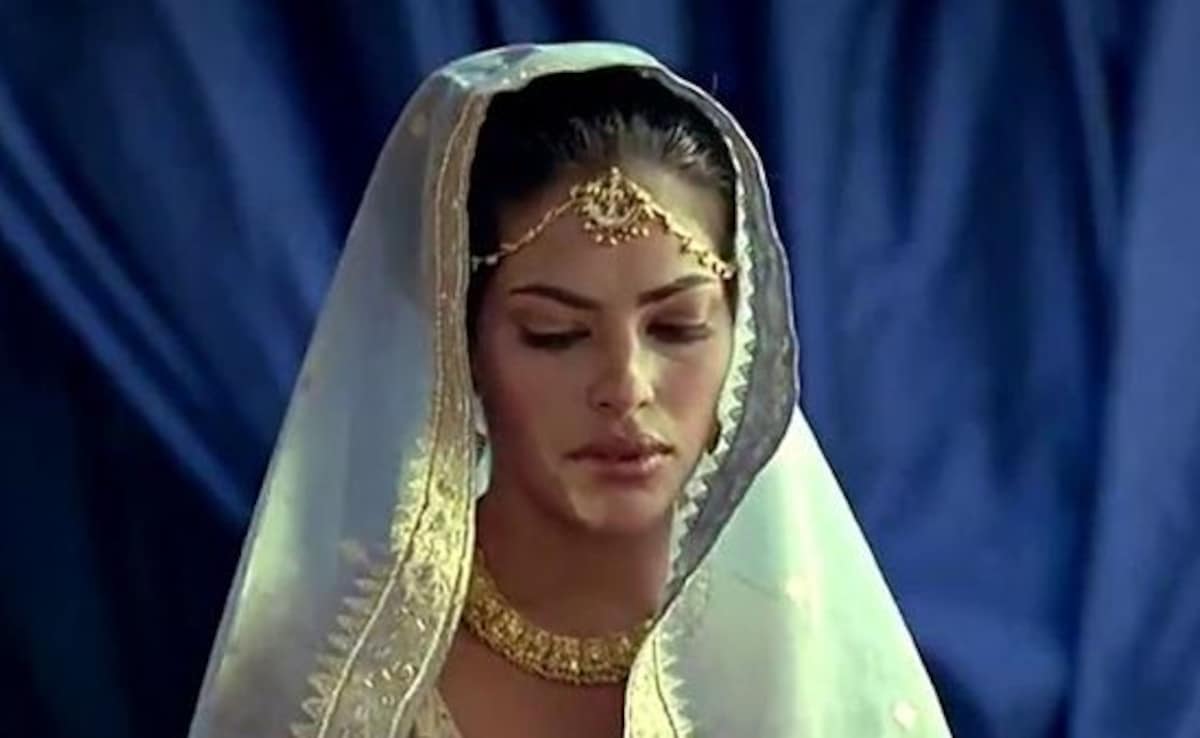Videos From Mira Nair's Kama Sutra Go Viral After Zohran Mamdani's New York Win


It began, as most viral moments do, with a few out-of-context clips. Hours after Zohran Mamdani's historic victory as the first Indian-American Muslim and youngest mayor of New York City, social media timelines were ablaze, not with his campaign speeches or policy promises, but with scenes from his mother Mira Nair's 1996 film Kama Sutra: A Tale of Love.
What started as a celebratory online frenzy for a progressive political milestone soon morphed into a rediscovery of one of the most daring and misunderstood works of Indian cinema.

A still from Kama Sutra.
As memes, fan edits and cinephile tributes flooded the Internet, the spotlight inadvertently returned to a film that was once condemned, banned and erased from public discourse in its homeland.
Almost three decades later, Kama Sutra: A Tale of Love found a strange, poetic resurrection through the triumph of Nair's son, reminding audiences that art, like history, always finds a way back to relevance.
The Mayor Who Made History
Zohran Mamdani's win is nothing short of a landmark. A democratic socialist and New York State Assembly member before this victory, Mamdani, 34, unseated political heavyweights, including former governor Andrew Cuomo, to claim the city's highest office.
"We'll fight for you because we are you," he said in his victory speech, addressing New Yorkers who voted for change, adding, "The future is in our hands. My friends, we have toppled a political dynasty."
In a cheeky aside aimed directly at US President Donald Trump, Mamdani added, "Donald Trump, since I know you're watching, I have four words for you: turn the volume up."

Zohran Mamdani with his mother, Mira Nair.
It wasn't long before X (formerly Twitter) users made a collective realisation: the newly elected mayor was the son of Mira Nair, the internationally acclaimed filmmaker behind Salaam Bombay, Monsoon Wedding and The Namesake. What followed was an Internet rabbit hole of rediscovery, with Kama Sutra: A Tale of Love - her most controversial work - suddenly finding new life.
A Film Too Bold For Its Time
Released in 1996, Kama Sutra: A Tale of Love was Mira Nair's most provocative creation, a historical erotic romance set in 16th-century India.
The film starred Indira Varma as Maya, a servant whose friendship with her royal mistress Tara (Sarita Choudhury) unravels amid jealousy, betrayal and sexual awakening.
Their fates entwine with King Raj Singh (Naveen Andrews), a lustful ruler, and the sculptor Jai Kumar (Ramon Tikaram), forming a tragic quadrangle of desire and power.
The film opens with two young women bound by affection but divided by status - Tara, a princess who gives Maya her hand-me-down clothes, and Maya, whose beauty and spirit unsettle the social order.
When Maya seduces Tara's future husband in an act of vengeance, their destinies are set on divergent paths.

A still from Kama Sutra.
Cast out of the palace, Maya learns the secrets of sensuality and self-possession from a courtesan priestess, played with commanding elegance by Rekha.
What unfolds is a lush, tragic fable about love, autonomy and the female body, a subject still taboo in Indian cinema nearly 30 years later. With its exquisite production design, sumptuous costumes and Declan Quinn's award-winning cinematography (he won the 1998 Independent Spirit Award for Best Cinematography), the film remains a visual masterpiece.
The Scandal, The Censors, And The Silence
For all its artistry, Kama Sutra faced immediate backlash. Its erotic scenes and frank treatment of female desire led to the film being banned in India. Trimark Pictures, which distributed it internationally, had to tone down explicit sequences to secure releases abroad.
The Motion Picture Association of America (MPAA) refused to rate it, and Indian censors declared it "too obscene for public viewing."
Critics were deeply divided. Some hailed it as liberating - a rare film that explored sensuality through a female lens. Others dismissed it as overwrought or "silly in its seriousness," as one American reviewer wrote, arguing that Nair's feminist ambitions were buried under melodrama.

A still from Kama Sutra.
On Rotten Tomatoes, it holds a modest 40% approval rating, though such metrics hardly capture its legacy.
A fascinating side note: Nair initially approached music legend AR Rahman to compose the soundtrack. Rahman declined, fearing that international audiences might forever label him "the composer of Kama Sutra fame."
Despite the controversies, Kama Sutra was screened at Cannes and the San Sebastián International Film Festival, where it was nominated for the Golden Seashell. But in India, the film's reels gathered dust - a cinematic orphan, too radical for its own soil.
Mira Nair, The Maverick Behind The Lens
By the time Kama Sutra released, Mira Nair was already a force in world cinema. Her debut, Salaam Bombay (1988), had stunned audiences with its unflinching look at street children in Mumbai, earning an Oscar nomination for Best Foreign Language Film.
She followed it with Mississippi Masala (1991), exploring interracial romance through the lens of diaspora. Later came Monsoon Wedding (2001), a global hit blending tradition with modernity, and The Namesake (2006), which brought Jhumpa Lahiri's prose to life.

A still from Kama Sutra.
Nair's body of work has always examined identity, sexuality, and belonging, themes often too layered for easy categorisation. Kama Sutra, in that sense, was an extension of her curiosity: an attempt to reclaim India's ancient sensual philosophy from colonial prudery and reframe it as a narrative of female agency.
If the 1990s weren't ready for it, perhaps the 2020s are, which explains why Gen Z cinephiles now share those clips with awe rather than outrage.
An X user penned, "Just learned a Fun fact: Mira Nair, the legendary director of Kama Sutra: A Tale of Love, is the mother of Zohran Mamdani, the new mayor of New York City."
Just learned a Fun fact: Mira Nair the legendary director of Kama Sutra: A Tale of Love is the mother of Zohran Mamdani, the new mayor of New York City. 🎬🗽— Veronica Turbay ✨ Washington DC GFE (@Veronica_Turbay) November 5, 2025
While a fan wrote, "The day I watched Mira Nair's 1996 film, 'Kama Sutra: A Tale of Love' will always be the day time stood still for me," another one posted, "y'all dont know zohran's mom like i do."
The day I watched Mira Nair's 1996 film, ‘Kama Sutra: A Tale of Love' will always be the day time stood still for me. pic.twitter.com/el3MxtGeXE— jagdish (@888_8887) July 1, 2023
y'all dont know zohran's mom like i do pic.twitter.com/6n1XPaO1eZ— Ran (@battbaby7) November 5, 2025
Yet another one wrote, "I was today years old when I found out that Zohran Mamdani is the son of Film director Mira Nair who made films like Salaam Bombay, Kama Sutra: A Tale of Love, Monsoon Wedding, and The Namesake."
I was today years old when I found out that Zohran Mamdani is the son of Film director Mira Nair who made films like Salaam Bombay!, Kama Sutra: A Tale of Love, Monsoon Wedding, and The Namesake. 😭— nirvaan (@nutterspirit) November 5, 2025
Zoya Akhtar's Hidden Link
In a delightful twist of fate, filmmaker Zoya Akhtar, now celebrated for Zindagi Na Milegi Dobara and The Archies, began her career on Kama Sutra. She served as the casting director and even appeared briefly as one of Rekha's disciples.

Zoya Akhtar and Mira Nair at an event.
After Mamdani's victory, Zoya posted on Instagram, "Zohran, you beauty," tagging Nair and celebrating the milestone. Mira reposted it with pride, a full-circle moment for two women whose creative partnership began nearly three decades ago.
The Legacy
When the Internet revived Kama Sutra this week, it wasn't just indulging nostalgia; it was reckoning with a film that dared to ask forbidden questions long before the world was ready to listen.
In 1996, it was a scandal. In 2025, it's a conversation. And somewhere in between, in that liminal space between art and outrage, Mira Nair continues to smile knowingly.

Because as Kama Sutra resurfaces through the political victory of her son, it's clear that both mother and son share the same defiant spirit: unafraid to challenge convention, undeterred by controversy, and destined to make history on their own terms.
What's Your Reaction?
 Like
0
Like
0
 Dislike
0
Dislike
0
 Love
0
Love
0
 Funny
0
Funny
0
 Angry
0
Angry
0
 Sad
0
Sad
0
 Wow
0
Wow
0







































